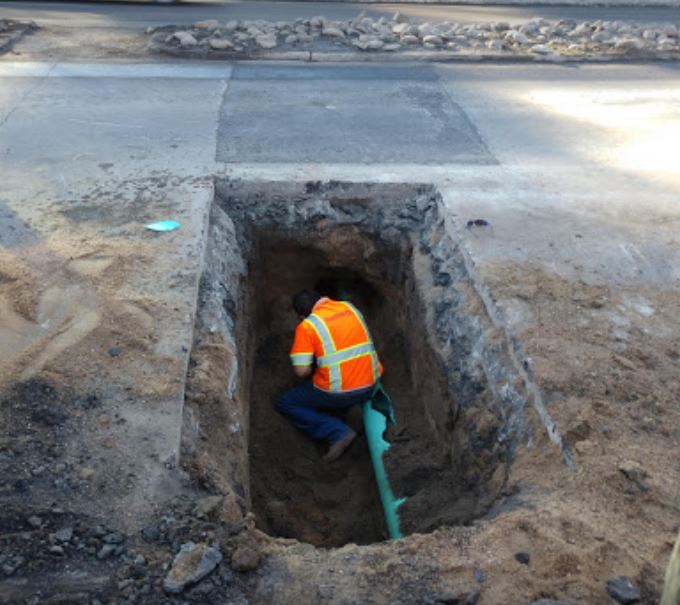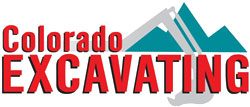In the world of residential and commercial property maintenance, few components are as crucial yet often overlooked as to when to replace a sewer lines. They are the backbone of effective waste management, ensuring sanitary conditions and the smooth operation of the plumbing system.
However, when recurring sewer problems persist despite repairs, it leads to a significant question: When does a sewer line need to be replaced? This decision is vital for the long-term functionality and safety of your plumbing system. In this comprehensive guide, we’ll explore the signs that indicate the need to replace a sewer line, aiding you in making an informed decision.
When Does a Sewer Line Need to be Replaced?

The need to replace a sewer line is typically indicated by several warning signs. Recognizing these signs is essential for taking timely action to prevent more severe damage and costly repairs:
Persistent Waterlogging: Regular soggy patches in your yard, especially those over the sewer line, are a clear indication of a leak.
Overgrown Lawn Areas: Unusual growth or greener patches in your lawn could be due to sewage leakage acting as a fertilizer.
Constant Foul Odors: If you notice persistent bad smells in or around your property, this could indicate a breach in the sewer line.
Frequent Sewage Backups: Regular backups in your sewage system suggest a significant problem that might require you to replace a sewer line.
Continuous Drain Clogs: If your drains consistently get clogged, particularly multiple drains at once, it can point to a serious sewer line issue.
Abnormal Water Patterns: Odd behaviors in your plumbing fixtures, such as toilets backing up when running the washing machine, can indicate sewer line problems.
Expert Analysis: The Key to Effective Decision-Making
Determining whether to repair or replace a sewer line is a decision that should be made based on expert analysis. Colorado Excavating uses advanced diagnostic tools, including digital camera inspections, to accurately assess the state of your sewer lines. This evaluation is crucial in deciding the most appropriate and cost-effective course of action.
Homeowners often fear that sewer line issues will inevitably lead to a costly full replacement. However, modern diagnostic methods often reveal that targeted repairs or partial replacements can be sufficient and more economical.
Innovative Replacement Techniques
In cases where it is necessary to replace a sewer line, modern plumbing technology offers various less invasive and more cost-effective options:

- Trenchless Rehabilitation: This method involves repairing the existing sewer line from the inside, eliminating the need for extensive excavation.
- Epoxy Lining: A resin-coated tube is inserted into the damaged area of the pipe, which then hardens, sealing any leaks or cracks.
- Pipe Bursting: This involves breaking the old pipe while simultaneously pulling a new pipe into place, a method ideal for severely damaged lines.
Maintenance: Prolonging the Life of Sewer Lines
Proper maintenance plays a crucial role in extending the lifespan of sewer lines. Regular inspections can help identify potential issues early, allowing for timely interventions. Homeowners should also be mindful of what goes down the drains, as certain materials can accelerate the deterioration of pipes.
The Impact of Environmental Factors
Environmental factors like soil type, tree root intrusion, and seasonal temperature changes can significantly affect the longevity of sewer lines. Understanding these external influences can help in anticipating potential problems and taking preventive measures.
Professional Services: Ensuring Quality and Compliance
Hiring Colorado Excavating guarantees that sewer line replacement follows rules and standards set by the local government and industry. Their expertise guarantees a quality job, reducing the likelihood of future problems and ensuring the health of your plumbing system.
Conclusion: Making an Informed Choice for Sewer Line Health
In summary, understanding when to replace a sewer line is crucial for maintaining the health and efficiency of your property’s plumbing system. If you encounter any of the warning signs outlined, it’s important to consult with professionals like Colorado Excavating. With their expertise and experience, they can provide accurate diagnostics and recommend the best course of action, whether it’s a repair or a full replacement.
Taking timely and informed action not only resolves current issues but also prevents potential future complications, ensuring the longevity and reliability of your sewer system. A well-maintained sewer line is integral to the overall health of your property and the surrounding environment.
